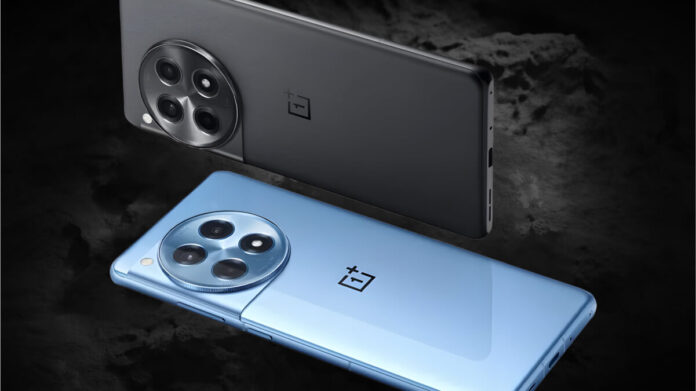The OnePlus 12R, part of the recently launched 12 series, has found itself in the midst of a controversy surrounding a significant error in communication regarding its storage specifications. Let’s delve into the details of this unexpected turn of events and understand the implications for potential buyers.
The Launch Buzz
OnePlus generated excitement with the launch of the OnePlus 12 series, showcasing the aggressively priced OnePlus 12R. However, the initial thrill took an unexpected turn as it was revealed that the OnePlus 12R doesn’t support the UFS 4.0 standard as initially claimed but instead features UFS 3.1 storage.
The Revelation
Kinder Liu, COO and President at OnePlus, addressed the mistake in a community forum post, highlighting the error made during the launch event and the misinformation on the company’s website. The confusion stemmed from the introduction of the Trinity Engine, a software enhancement that was wrongly associated with the UFS 4.0 storage standard.
UFS 3.1: No Slouch
Despite the shift in the storage standard, Liu reassures users about the capabilities of UFS 3.1, emphasizing that it won’t compromise the phone’s lifespan. According to Liu, the OnePlus 12R with UFS 3.1 storage should deliver seamless performance for 48 months (4 years) or more.
Also See: OnePlus 13 Brand new Design With first-ever Snapdragon 8 Gen 4
Addressing Buyer Concerns
Recognizing the potential impact on buyer decisions, OnePlus encourages customers who pre-ordered or purchased the OnePlus 12R to connect with the company’s customer support. The aim is to provide personalized solutions and address concerns arising from the misinformation.
Comparing Storage Standards
To understand the significance of the discrepancy, a closer look at the differences between UFS 3.1 and UFS 4.0 storage standards is essential. While UFS 4.0 boasts higher bandwidth, sequential read and write speeds, and lower power consumption, UFS 3.1 remains a robust and capable option.
Trinity Engine Optimization
OnePlus underscores that the Trinity Engine’s optimization was specifically tested with UFS 3.1 storage, ensuring that the phone’s overall performance is not compromised despite the shift in the storage standard.
Lessons Learned
The OnePlus 12R incident serves as a reminder of the critical importance of accurate communication during product launches. Despite the storage specification discrepancy, the phone retains its status as a high-performance device, and OnePlus remains committed to delivering exceptional user experiences.
Conclusion
As the OnePlus 12R navigates through this unexpected controversy, potential buyers are urged to consider the overall performance, reassurances from OnePlus, and the ongoing commitment of the company to rectify any concerns raised by users.


